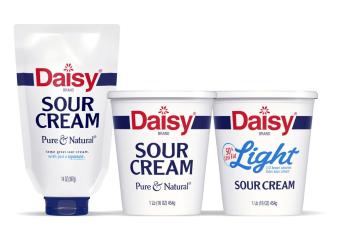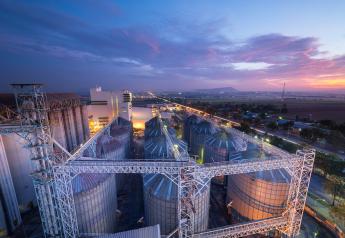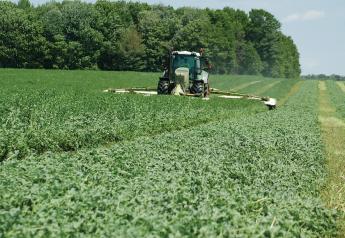Ailing Chinese Stock Market Could Impact World Dairy Demand
By Fran Howard
For the past month, Beijing has been in a panic as it has watched the value of Chinese stock prices plunge. And try as it has, the Chinese government has not yet been able to stop the decline more than temporarily. If China’s stock market’s troubles prevail, markets elsewhere could follow, setting off another round of declining world dairy demand.
“It is much too soon to predict whether the Chinese market will manage to find footing or what the fallout will be it doesn’t,” says Sarina Sharp, agricultural economist with the Daily Dairy Report. “If China’s economy suffers a setback, it is likely to impair economies around the globe.”
The U.S. dairy industry could suffer in several ways. First, Chinese demand for dairy products, which has just recently started to recover, could soften once again. Moreover, says Sharp, demand for dairy products could also decline in those markets whose economies soften as a result of the rout in China.
“Demand could soften in those markets where economic growth has been bolstered by Chinese consumers—including our own,” says Sharp. “If world dairy demand falls, the U.S. dairy industry will likely be disadvantaged as it seeks to compete for shrinking export opportunities. A slowdown in China could weigh heavily on the Australian and New Zealand dollars, and the U.S. dollar could once again become a safe haven for global investors.”
On the bright side, though, U.S. dairy producers could also enjoy lower feed costs as a result of reduced demand for corn and soybean exports, notes Sharp. China accounts for 65 percent of global soybean imports and 12 percent of coarse grain imports, she adds.
Those in China’s emerging middle-class—the consumers primarily responsible for fueling the rapid increase in dairy demand—stand to lose a lot if the Chinese stock market fails to recover, says Sharp. After a year-long meteoric rise of 150 percent, China’s Shanghai Composite Index peaked in mid-June, and then in a matter of weeks lost more than a third of its value. While large investment firms fueled the sharp—some say unsustainable—rally, the Shanghai Stock Exchange has recently attracted new investors with fewer resources.
“These latecomers are losing money quickly,” says Sharp. Their ability to recover is also unlikely because many of them reportedly purchased their stock holdings with borrowed money.
“Investors and officials in China are in a panic,” Sharp notes. “Beijing has imposed a bevy of rules meant to forestall the decline in its stock market, to no avail. Over the past few months, it has lowered interest rates and encouraged banks to lend money to investors to fuel a stock market rally. It has doubled down by allowing investors more margin to leverage their investment dollars into even more stock market purchases.”
Beijing has also banned pension funds, controlling shareholders, and executives from selling their stock market positions for six months, telling them to “bravely take social responsibility” and increase their stock market holdings, Sharp notes. It also banned initial public offerings, in an effort to discourage investors from selling existing positions to buy shares in newly listed companies.
“The government’s failure to stop the plunge in its stock market has sapped confidence in Beijing’s ability to prevent a slowdown in its economy,” says Sharp. “Some analysts have also noted that the market’s recent behavior resembles the 2007 boom and bust, which preceded collapses in the U.S. and other major markets in 2008.”
—#—
To subscribe to the Daily Dairy Report, go to: http://www.dailydairyreport.com/default.aspx and click register.







